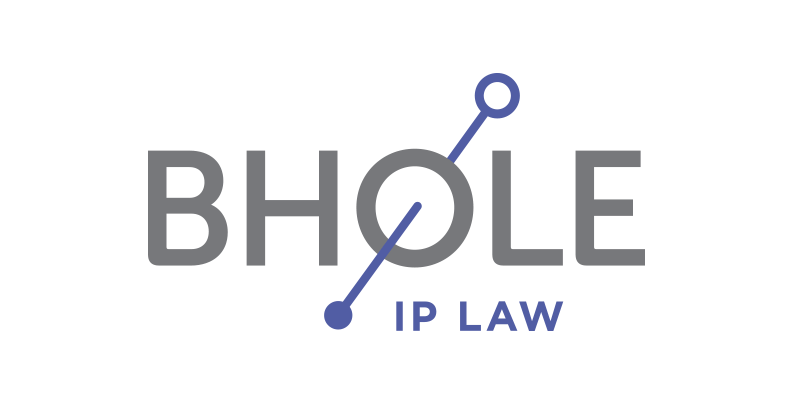By: Robert Tremblay
IP protection strategies are certainly not ‘one-size-fits-all’, but rather depend to a significant extent on a company’s motivations, technological focus and budget.
In this article series, we will explore innovative strategies to encourage the development of innovation ecosystems, both from within a company and by leveraging third-party innovation in order to secure a company’s market position.
Why seek patent protection?
The traditional role of patents in helping to protect a company’s innovative technology is relatively well understood. Patents provide exclusive rights to the use and exploitation of inventions. Recognizing the important role of intellectual property (IP) protection in effective corporate governance and satiating investors, businesses develop processes to internally identify patentable inventions on an on-going basis and file patent applications as appropriate. Many companies use patents defensively as a ‘shield’ – preserving patents as a core asset of the company and cross-licensing the patents when needed.
Ecosystem Creation – Patent Filing & Licensing Out
Companies operating in truly leading edge technology spaces have the difficult task of kick-starting innovation in an entirely new space or being held out to dry in an area of technology that doesn’t catch on; they have come up with interesting IP strategies to accomplish this. A recent approach has seen companies aggressively seek patent protection only to then freely license out rights – creating the appearance of a walled garden for creators to create without having to fear infringing others’ rights.
Note the recent case study provided by TESLA Motors. In 2014 Mr. Musk stated: “Tesla will not initiate patent lawsuits against anyone who, in good faith, wants to use our technology.” His comment caused surprise to ring through the technology world. Harvard business review notes that shares of Tesla jumped 10% in the five days following the announcement. Developing a comprehensive IP portfolio is costly! Setting aside the questionable legal enforceability of Mr. Musk’s statement for a second, what are the intended consequences of this statement? Some possible intended effects: (1) an incentive for creators to innovate in the space, without fear of legal reprisal from one of its most significant players; (2) offering Tesla’s technology to serve as building blocks for others, hopefully providing a ‘rising tide’ to spur demand for all parties involved (including Tesla); (3) an industry-wide incentive for quick, broad adherence of all players to industry standards, as dictated by Tesla, streamlining innovation by avoiding costly standards wars.
Tesla is far from alone in adopting this strategy. The same phenomenon can be seen in the European satellite systems industry. See here for further reading.
It bears mentioning that this strategy is most applicable to diminish creators’ fears relating to patent infringement in emerging areas of technology where patenting of a space is as of yet sparse and the licensor has a strong, broad patent portfolio. Though granted patents generally provide some level of comfort that other patents have not been issued for the exact same invention, an owner of a patent does not have a de facto right to its exploitation. Even by merely using their own invention, a patent owner might well be infringing someone else’s issued patent. By way of illustration, the inventor of the wheeled chair (building upon the invention of the chair), might well be infringing patent rights of the inventor of the chair.
The efficient acquisition of patent rights in Canada requires experience and expertise on the procedures and practices of the Canadian Intellectual Property Office. Thus, it is indispensable to use a firm that is familiar and experienced with acquiring protection for patents, especially for companies who have put valuable efforts and money into producing their inventions. BHOLE IP LAW is a boutique IP firm located in downtown Toronto, Canada and practices in all areas of IP, including developing business-minded intellectual property strategies for startups, small and medium-sized businesses. BHOLE IP LAW provides competitive fees and, importantly, takes pride in its responsive and advisory approach.
**The information provided herein is a general background of intellectual property law concepts, does not constitute legal advice, and should not be relied upon as legal advice. Bhole IP Law, and the author, make no express or implied representations or warranties in respect of the information, including but not limited to the accuracy of the information. Note that while Bhole IP Law is a firm of Canadian lawyers authorized to practice before the United States Patent and Trademark Office, we are not U.S. lawyers nor lawyers in any other jurisdiction. As such, other foreign counsel may need to be consulted for U.S. or foreign legal matters.**
